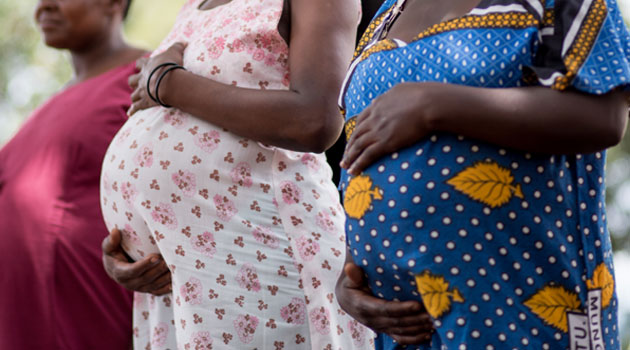
The survey has also revealed an increase in the number of Kenyans who would rather have the HIV-positive status of their relatives kept secret/FILE
The number of men and women who would be willing to care for a HIV-positive family member, who would buy produce from a HIV-positive vendor or allow their children to be taught by a HIV-positive teacher, has declined from five in 10 men to two in five and from three in every 10 women to two in four.
“Only 26 percent of women and 44 percent of men show acceptance on all four measures, a decrease from the figures reported in 2009: 33 percent among women and 48 percent among men.”
The survey has also revealed an increase in the number of Kenyans who would rather have the HIV-positive status of their relatives kept secret.
“Thirty-seven percent of women and 55 percent of men reported that if a family member became infected with the HIV virus, they would not want it to remain secret, a decrease from 54 percent of women and 69 percent of men in 2009,” the survey shows.
It also shows Kenyan men to be more accepting of those who are HIV-positive than women.
Men also show an overall greater awareness of how HIV is transmitted and how transmission can be prevented by 10 percent; the survey showing that 56 percent of women and 66 percent of men have comprehensive knowledge about HIV/AIDS.
And while nine out of every 10 Kenyans reported awareness that HIV cannot be transmitted through the sharing of food or supernatural means, more – 20 percent – were ignorant that mosquitoes do not transmit the virus. “The data indicates that some misconceptions regarding how AIDS is transmitted still exist.”
The 2014 KDHS was carried out between May and October 2014 in all 47 counties on 43,898 respondents. The survey which is carried out by the Kenya National Bureau of Statistics every five years, is the sixth in Kenya’s history and helps inform Kenya’s health policy.









































